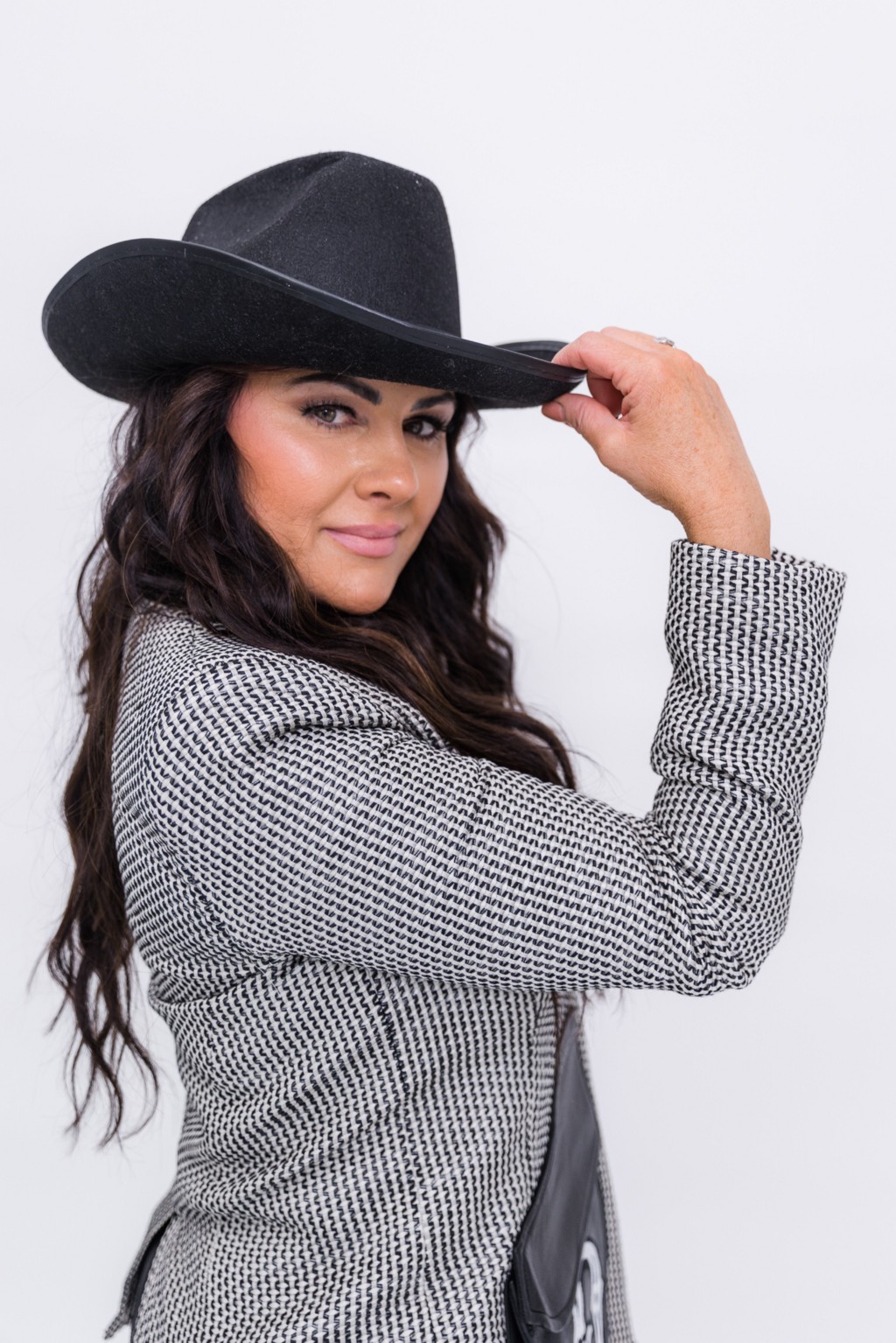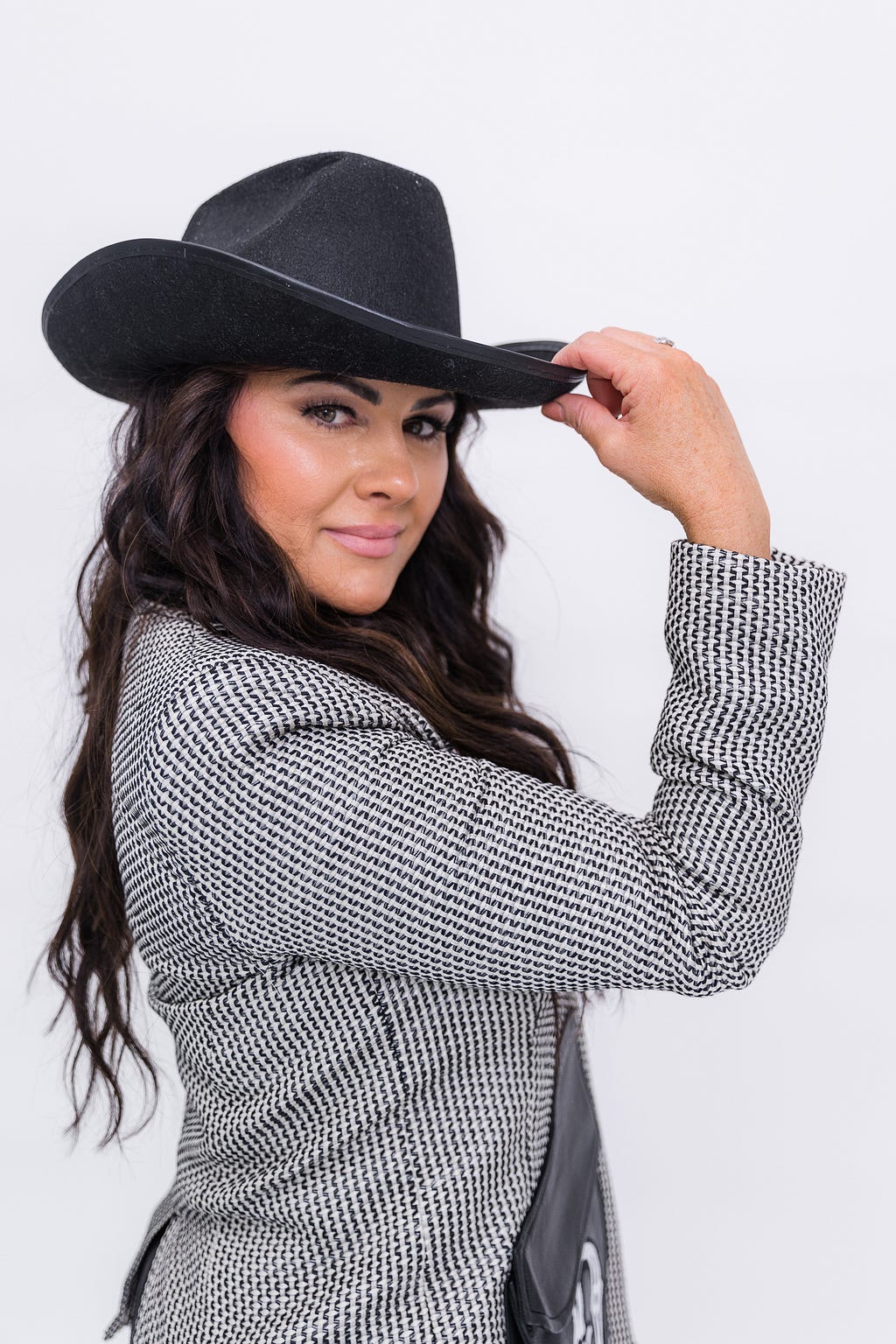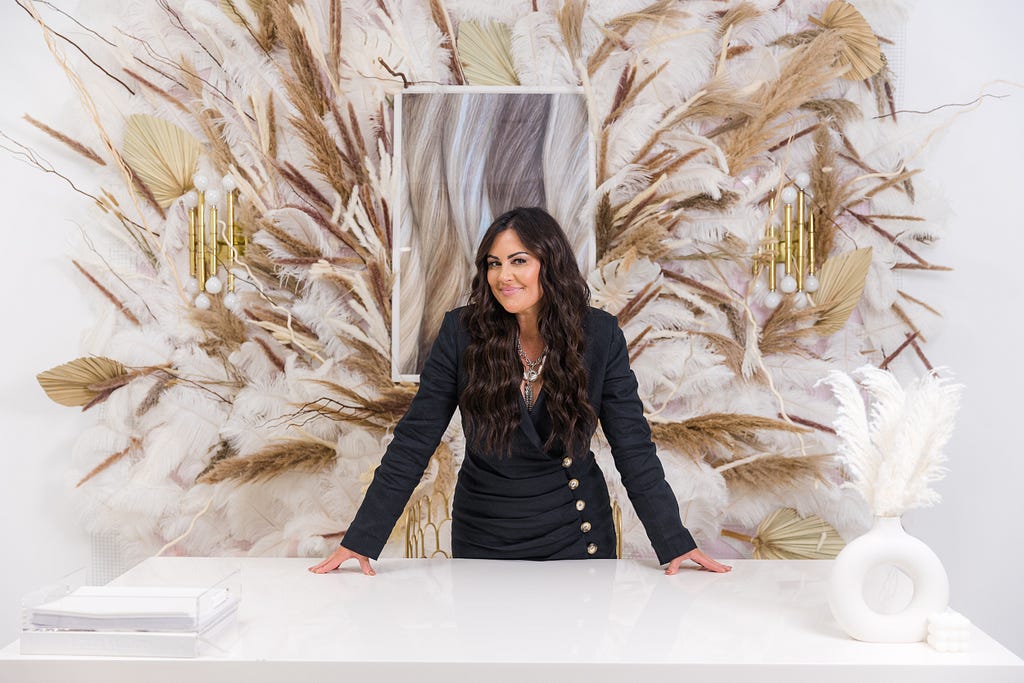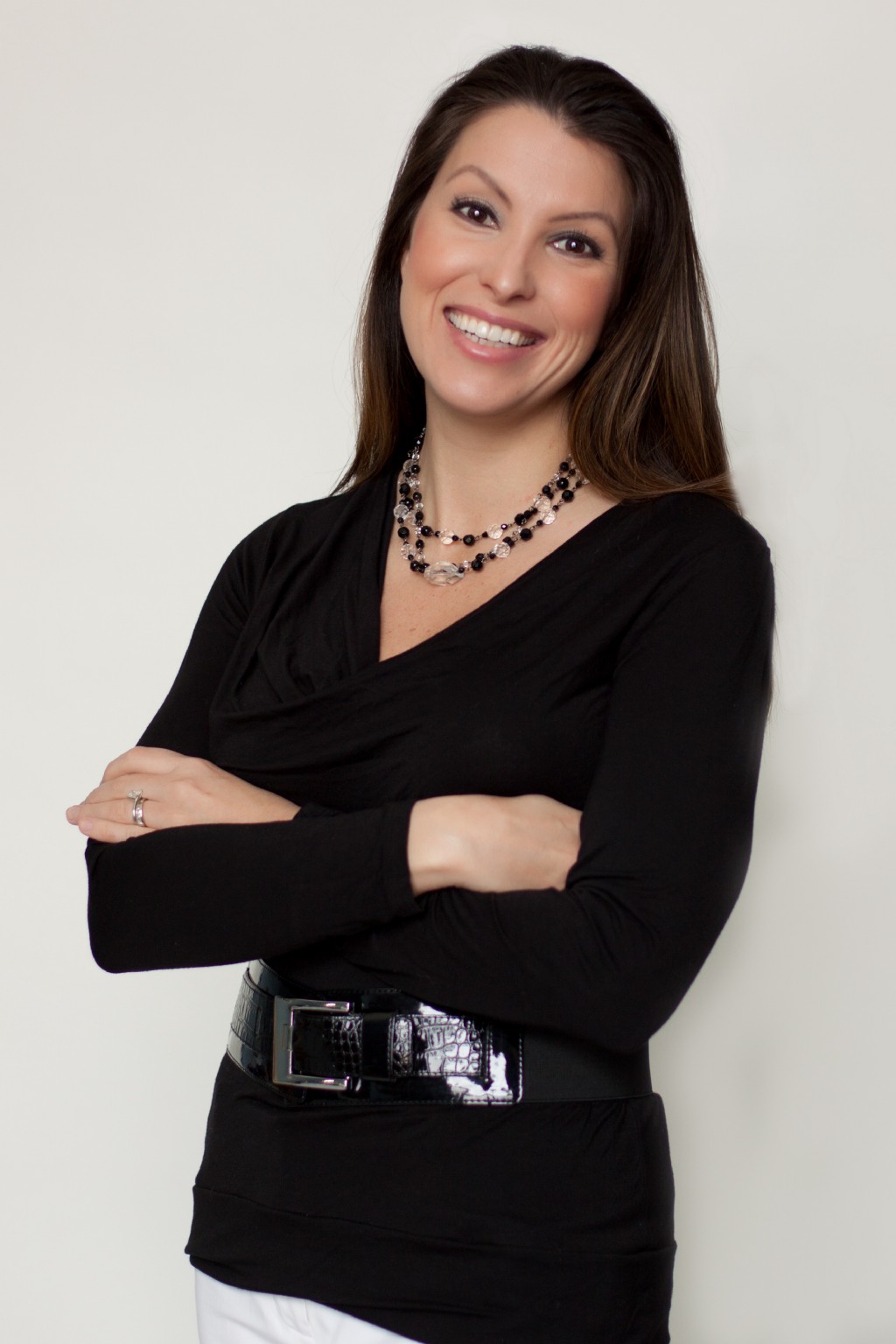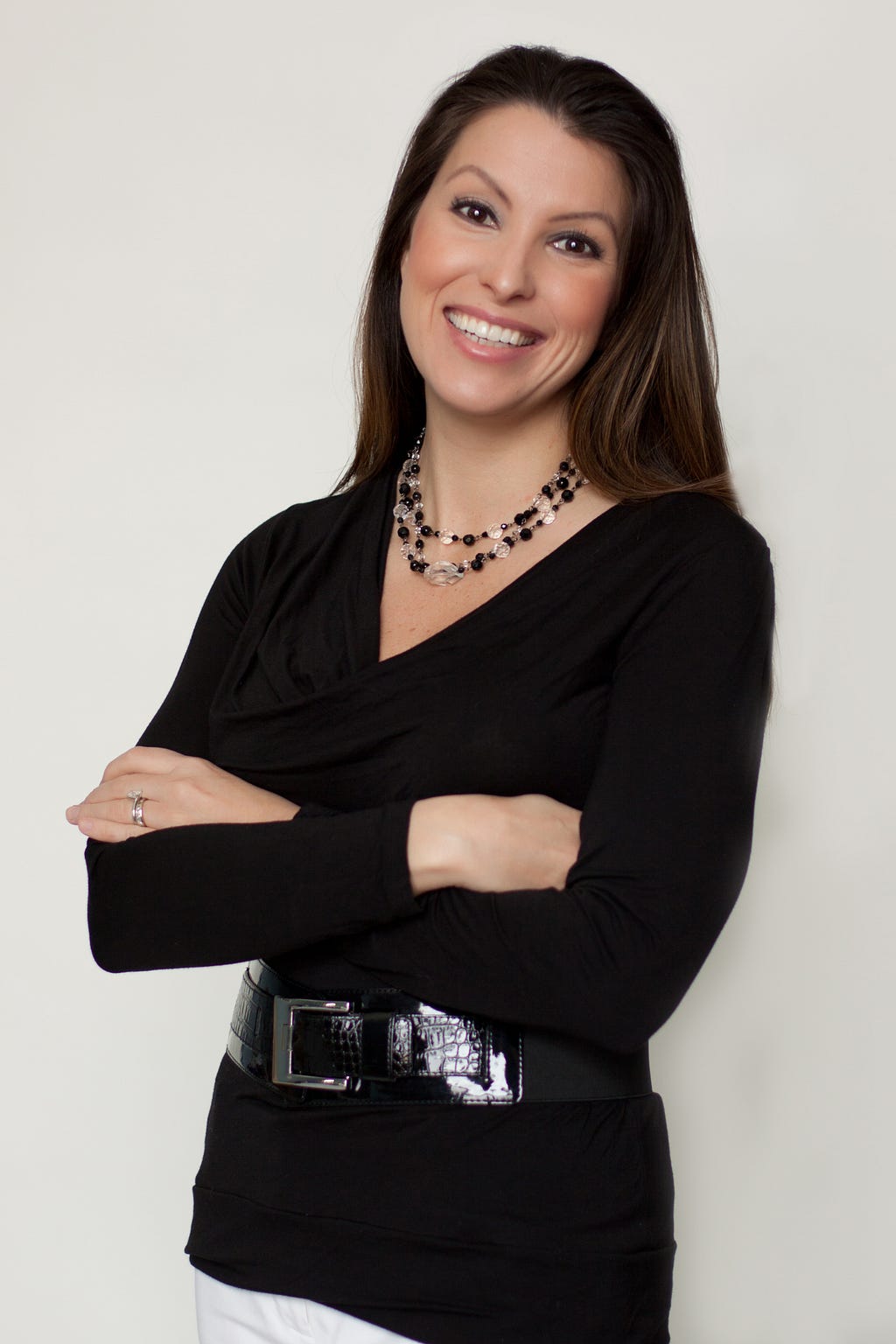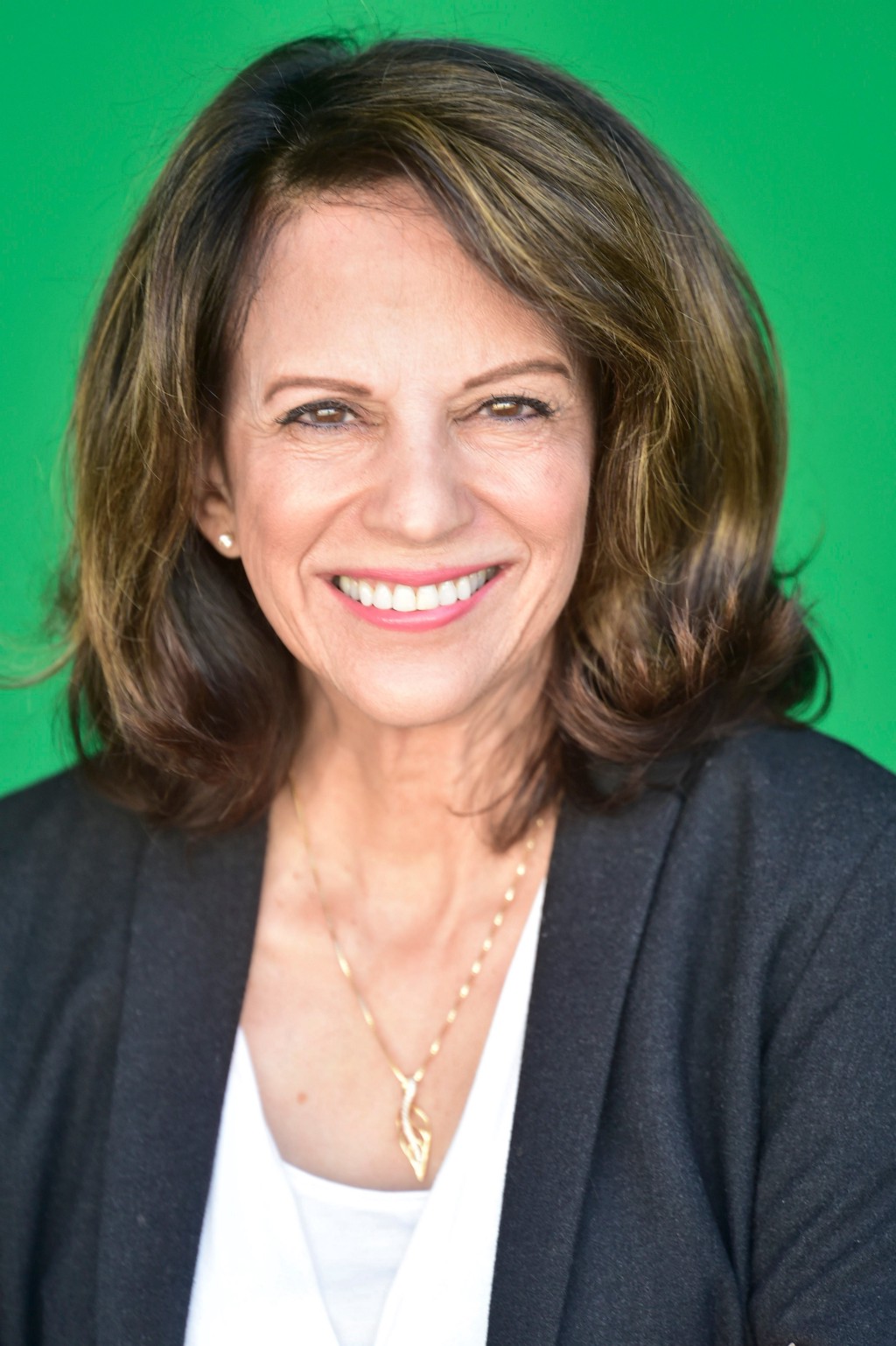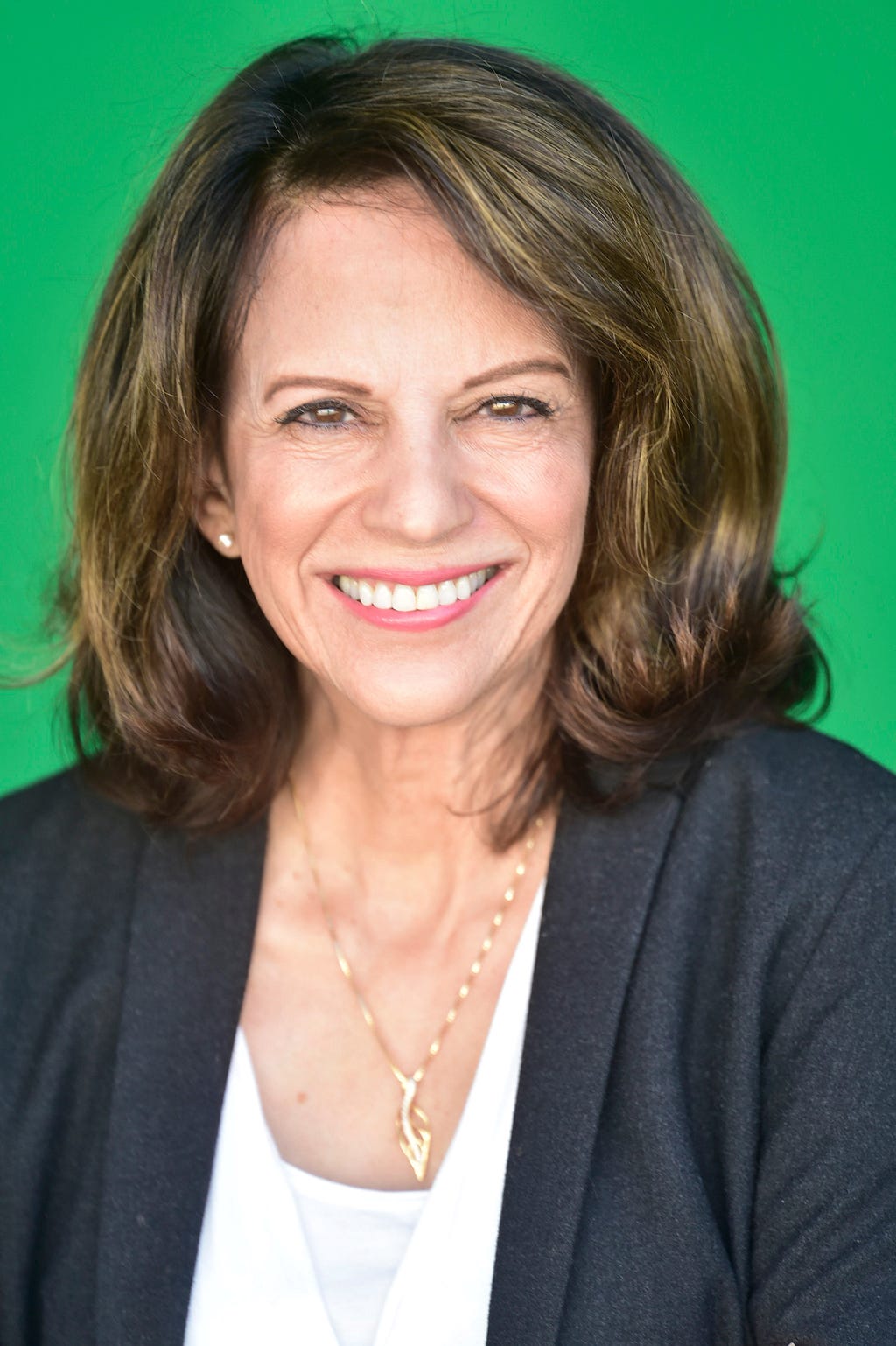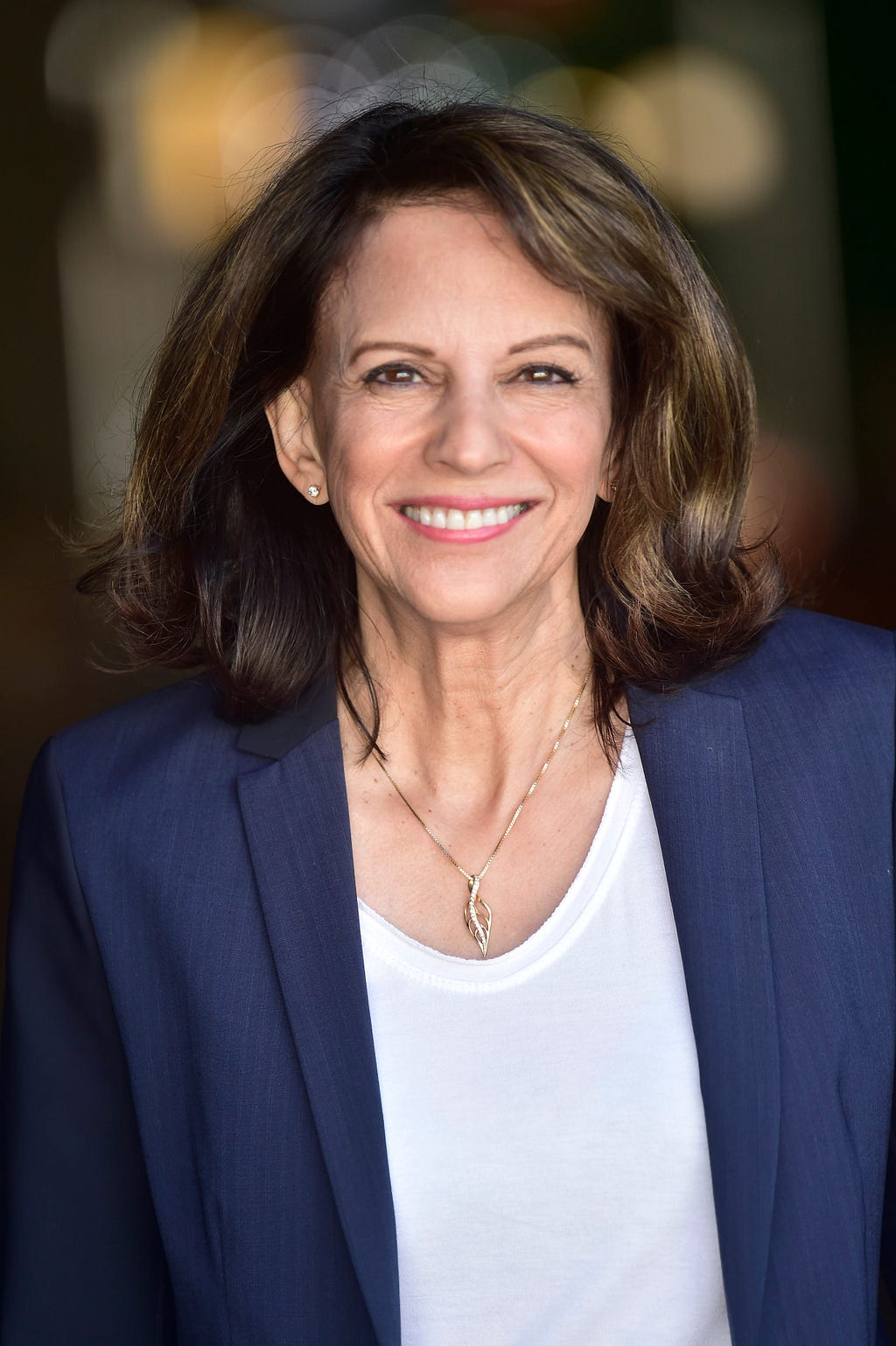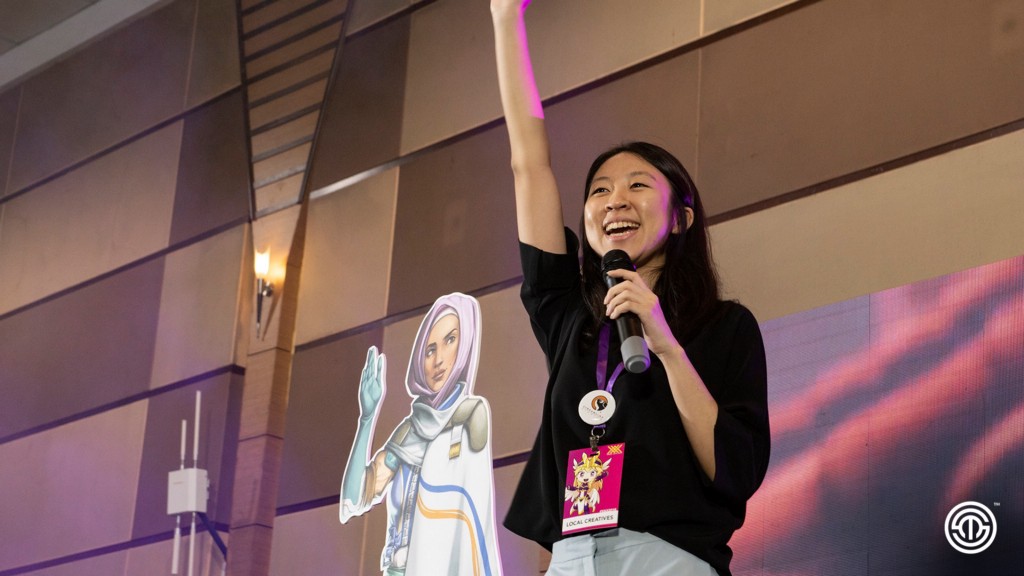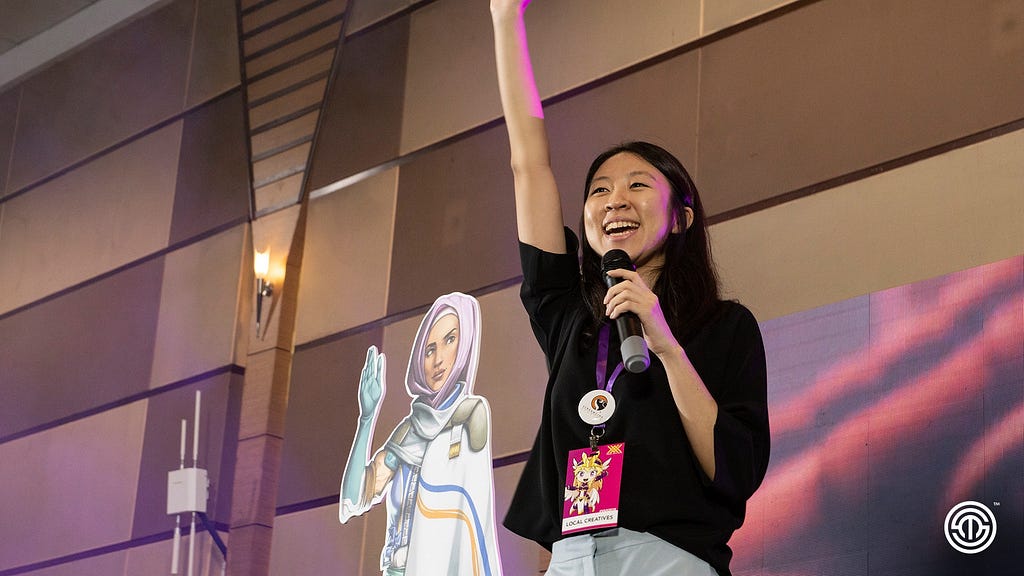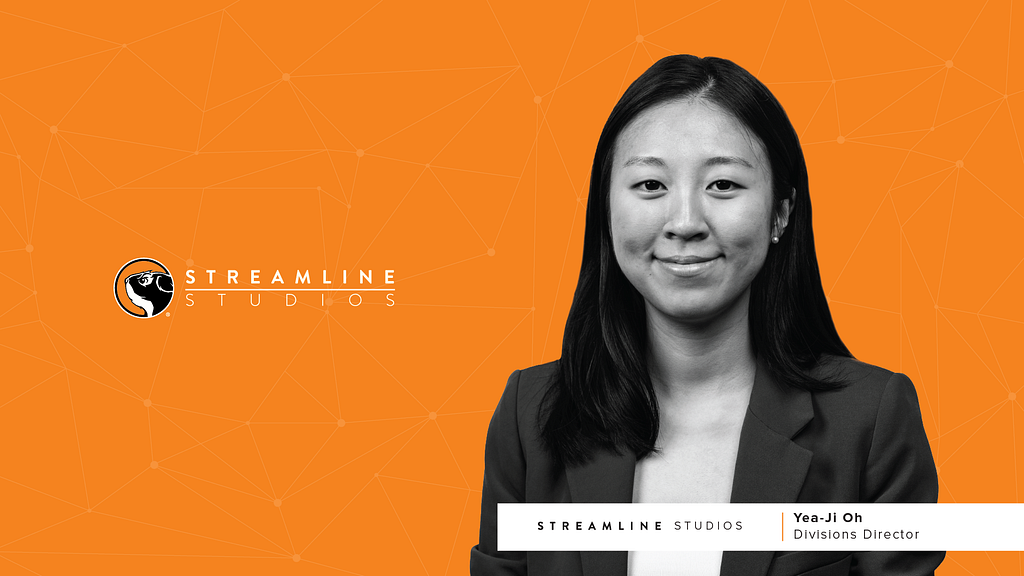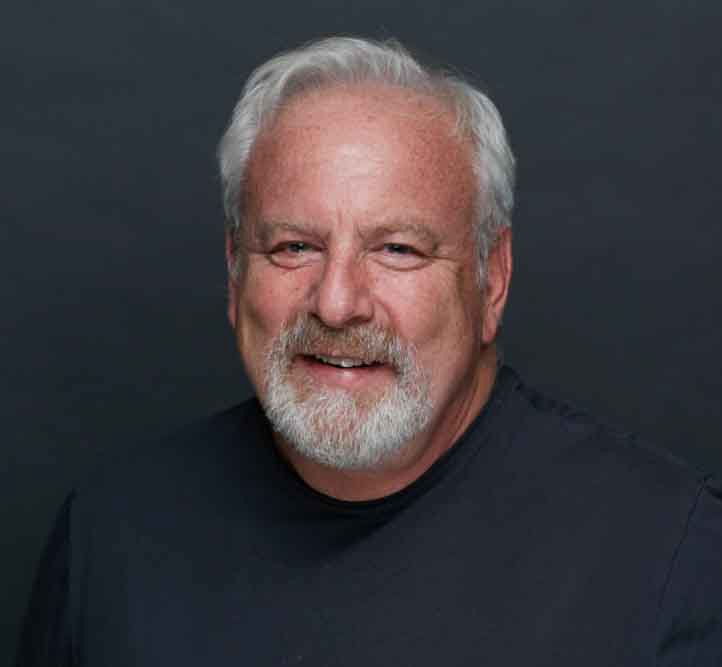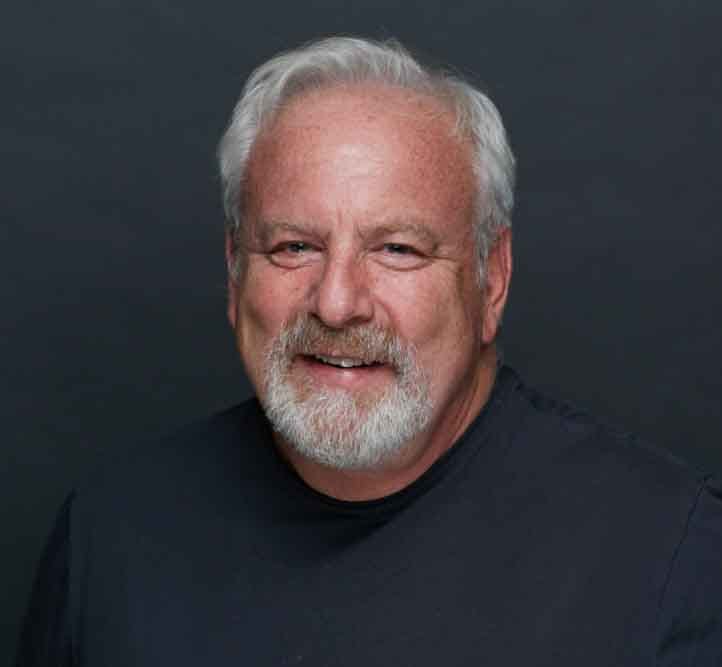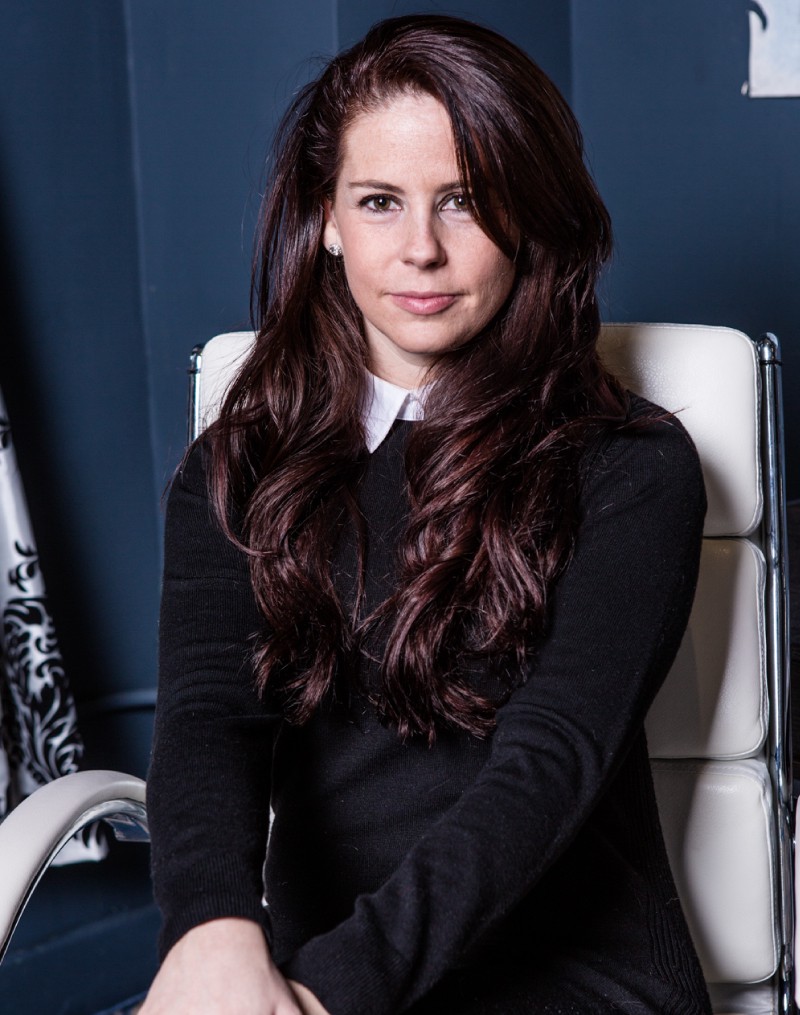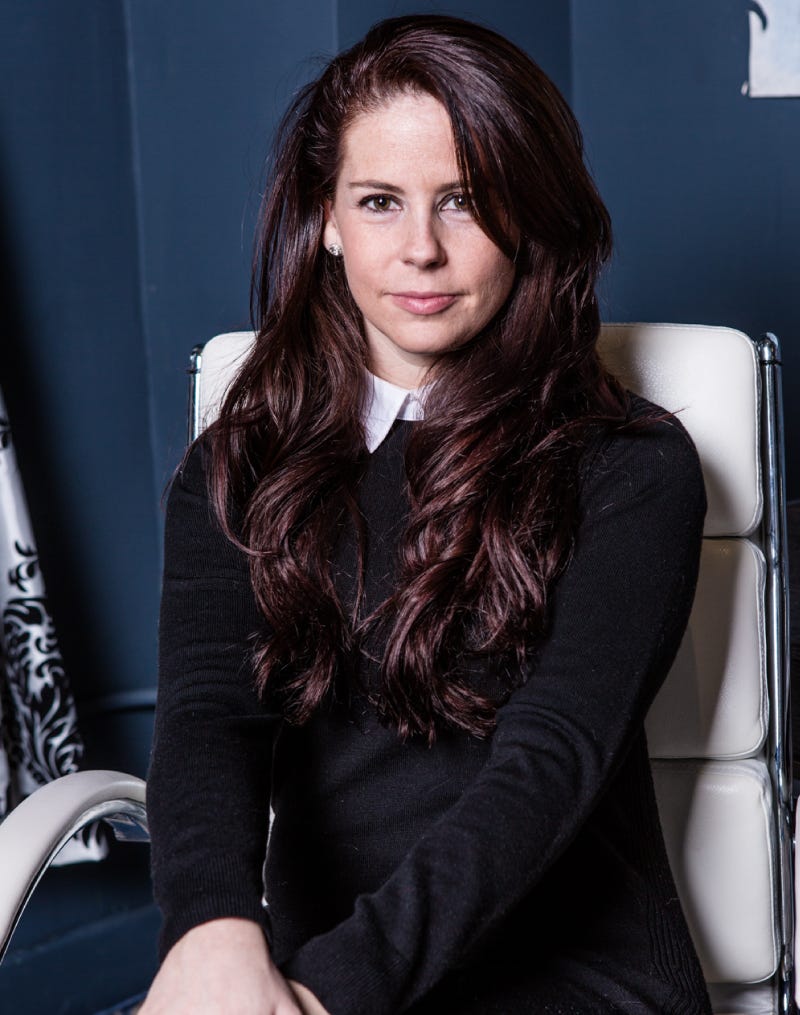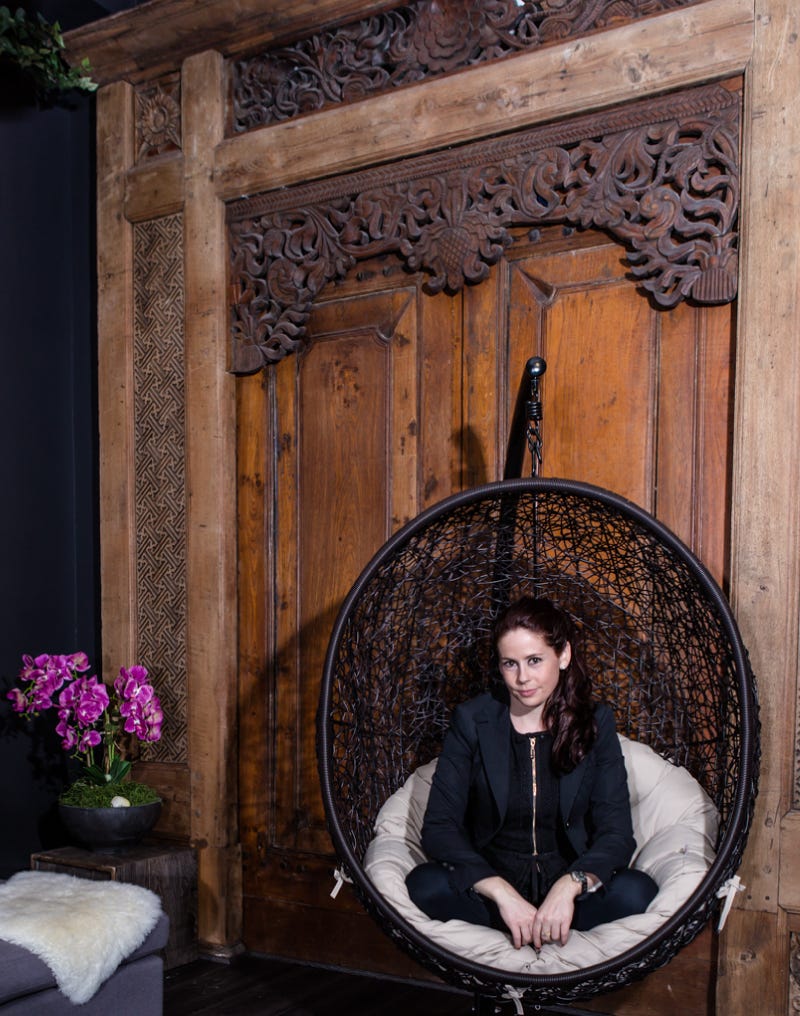An Interview With Candice Georgiadis

In my opinion I think employers can contribute to employees’ wellness by implementing a mandatory annual wellness check covered by the employer along with nutrition/exercise counseling in order to enhance mental ad physical well-being which in turn would increase productivity and boost team morale. This in turn would focus on prevention rather than treatment which as we know, chronic illnesses are major burden on the Healthcare system so rather than treat we should be preventing disease.
How does a successful, strong, and powerful woman navigate work, employee relationships, love, and life in a world that still feels uncomfortable with strong women? In this interview series, called “Power Women” we are talking to accomplished women leaders who share their stories and experiences navigating work, love and life as a powerful woman.
As a part of this series, I had the distinct pleasure of interviewing Azza Halim.
Azza Halim, MD is a board certified Anesthesiologist as well as Aesthetic Medicine, Anti-aging, and Regenerative Medicine Physician.
Dr. Halim’s medical training began at Northwestern University in Chicago.
Dr. Halim did a research fellowship in pharmacokinetics and pharmacodynamics, she then went on to do her internship in internal medicine.
Dr. Halim completed her residency in Anesthesiology, along with subspecialty/fellowship training in critical care/trauma and pediatrics at Northwestern University along with Pain Management with leading authorities in the field. She went on to do further training at London Med.
Thank you so much for joining us in this interview series! Before we dive in, our readers would love to “get to know you” a bit better. Can you tell us a bit about your ‘backstory’ and how you grew up?
I grew up in Manhattan and Princeton, with one older brother and very family oriented parents. My father, now a retired businessman, and my mother (stay at home mom) both always focused on work-life-health balance as well as proper nutrition, exercise and quality skincare.
We never ate processed food nor junk food/snacks as everything was freshly cooked. Also I was fortunate enough to travel the world with my parents, hence acquiring cultural diversity. As for staying active, that was also something I enjoyed as a child thanks to our family vacation adventures. I think this created a big foundation for my health awareness along with my mom’s emphasis on good skincare early on in life.
Was there a particular person or event that inspired you to live a wellness-focused lifestyle? Can you tell us about your main motivation to go all in?
I always had an interest in healthy living, beauty, and fashion since I was a teenager thanks to my upbringing and travel experiences. Both my parents were focused on a healthy lifestyle as well as maintaining natural aesthetic beauty, I truly believe our environment and family are very impactful early on in life as to how we perceive food, exercise, vitamins, attire, sleep patterns, our attitude towards life and so much more as they all become learned behavior.
Most people with a wellbeing centered lifestyle have a “go-to” activity, exercise, beverage, or food that is part of their routine. What is yours and can you tell us how it helps you?
I actually have few go-to activities that include: Yoga as it maintains flexibility, builds strength and incorporates meditation which all help with overall wellness and sleep. As for sports and other activities, I always enjoyed horseback riding, dancing, reading and painting.
The practice of yoga teaches you focus, which is very important for success. Painting is an art which I feel gave me the basis for my artistic eye as that is an inherent skill rather than a learned one. Many can learn art but not all can master it.
To live a wellness-focused life is one thing, but how did it become your career? How did it all start?
My interests always revolved around being a problem-solver, whether it was for technical, medical or personal challenges as it was a balancing act with work, family and recreational time. I always had a passion for helping others get their life on track yet didn’t do same for myself which taught me to take a step back and practice what I preach in order to be a better role model for others.
Also as I helped raise my nephews, I was very animate about their nutrition and exercise routines as well as skincare which helped translate to how I managed my teenage patients when parents brought them in for their acne which involved coaching them on how their diet affects their skin and their physical health.
Can you share a story about the biggest challenges you faced when you were first starting? How did you resolve that? What are the main lessons or takeaways from that story?
As a child I always took initiative and lead which carried on into my adulthood. That being said I was an overachiever and enjoyed being innovative and taking charge which was a challenge as a female in the world of Anesthesiology/Surgery. I worked twice as hard to attain credibility than my male colleagues, that taught me endurance and persistence which is why I take pride in all that I do and have achieved. Throughout my training and career, whenever I came across a medical dilemma or challenge, I strived to find a remedy which is what drew me into the world of Wellness/Integrative Medicine. I realized that the combination of traditional medicine and functional medicine enhanced my knowledge and options in finding solutions for my patients rather than a one size fits all approach. This is how I expanded my professional expertise.
Can you share with us how the work you are doing is helping to make a bigger impact in the world? Can you share a story that illustrates that?
I am constantly learning, growing and expanding my knowledge base when it comes to health, wellness and beauty as all are forever evolving and growing. For example, we have so many topical medications for various skin conditions yet as I have managed many in their 20s for acne scars and recurring acne, I take a different approach based on my functional medicine training that our gut microbiome and skin microbiome are responsible for our skin conditions that all take root as generalized inflammation. We know inflammation is cause of many ailments. This is where balance in our nutrition, wellbeing and lifestyle come into play. I first diagnose the cause so then I may formulate the proper customized plan for each individual to treat the cause not just the effect. I also apply this not just to skin health, but also to other ailments and beauty. I also focus on the positives we all have as unfortunately with all the social media pressure many feel, it’s important to not lose focus on reality to maintain stable mental and physical well-being.
What are some of the most interesting or exciting projects you are working on now? How do you think that might help people?
Currently I’m working on developing products and perfecting my trademark treatments that I created to tackle beauty and wellness challenges that I see on a regular basis in my practice for when a patient comes to me with a dilemma, I am determined to help find a solution for them as I enjoy seeing patient satisfaction and quality results. I am currently working on few products that I can not disclose at this time.
You are a successful leader. Which three character traits do you think were most instrumental to your success? Can you please share a story or example for each?
My strongest traits that have helped me achieve my success, I think, are my determination (never giving up), positive optimism (something my parents instilled in me), and self-confidence which all allowed me to be assertive enough to achieve whatever I set my mind to.
All of these traits helped me achieve various leadership roles in major businesses.
OK, thank you for all of that. Let’s now shift to the main focus of our interview. Let’s begin with a basic definition of terms so that all of us are on the same page. Wellness is an incredibly broad topic. How would you define the term “Wellness”? Can you explain what you mean?
Wellness by my definition encompasses not just being physically fit but also good mental health, good self-esteem, balanced nutrition, self care and quality relationships. All of these are part of life balance which equates to true wellness.
As an expert, this might be intuitive to you, but it will be instructive to expressly articulate this. Can you please share a few reasons with our readers about why focusing on our wellness should be a priority in our lives?
When one focuses on true wellness, as I defined above, then one is able to better appreciate, enjoy and reap the benefits of healthy lifestyle. If one does not have mental wellness and clarity then the physical wellness can be overshadowed, if one is missing the physical health and nutritional wellness components, that may contribute to low self-esteem which has a negative impact on mental health. So as you can see they all go hand in hand, which is why we do need to focus on attaining a healthy lifestyle from both a physical and mental perspective to attain balance and true happiness.
Since the COVID-19 pandemic, there has been an increasingly growing understanding of the necessity for companies to be mindful of the wellness of their employees. For the sake of inspiring others, can you share steps or initiatives that companies have taken to help improve or optimize their employees’ mental and physical wellness?
In my opinion I think employers can contribute to employees’ wellness by implementing a mandatory annual wellness check covered by the employer along with nutrition/exercise counseling in order to enhance mental ad physical well-being which in turn would increase productivity and boost team morale. This in turn would focus on prevention rather than treatment which as we know, chronic illnesses are major burden on the Healthcare system so rather than treat we should be preventing disease.
Ok super. Here is the main question of our interview. What are your “5 Things You Need To Create A Highly Successful Career In The Health and Wellness Industry”? If you can, please share a story or an example for each.
1. Clinical experience/skills to properly assess the needs of each individual for customization
2. Having an Aesthetic Eye for natural beautification rather than looking “done” as beauty and wellness go hand in hand
3. Knowledge/Expertise to understand and interpret not just lab results but lifestyle impact and how to address/remedy things
4. Interpersonal skills to be able to develop good rapport, build trust and confidence as well as deliver the proper message to the patient
5. Proper Follow up for patient compliance along with setting Realistic expectations/goals for each individual
You are a person of great influence. If you could start a movement that would promote the most wellness to the greatest amount of people, what would that be? You never know what your idea can trigger. 🙂
Educating the masses on how to Focus on supporting the immune system to boost health naturally with proper nutrition and exercise.
As I mentioned earlier I would like to see more prevention than treatment. Just as many are starting earlier in the Antiaging world of Aesthetics, also all should do same in regards to overall health as Antiaging in my book refers to not just the outer Aesthetic component but also Inner health as both are actually one.
This is why my practice focus has been integrating beauty and wellness together. As many of my patients who started feeling good internally then wanted to look equally as good externally and vice-versa so when I see a patient, my consultation is a complete consult from inside/out and head to toe.
We are blessed that some very prominent names in Business, VC funding, Sports, and Entertainment read this column. Is there a person in the world, or in the US with whom you would love to have a private breakfast or lunch, and why? He or she might just see this if we tag them.
Gwyneth Paltrow is a great representation of healthy living with a focus on inner and outer beauty, health and wellness and I’m a big fan of the Goop products!
How can our readers further follow your work online?
Instagram : Azzamdbeauty
My website is in process of updates but link is Azzamdbeauty.com for future link
Thank you for these fantastic insights. We greatly appreciate the time you spent on this.
Power Women: Dr Azza Halim On How To Successfully Navigate Work, Love and Life As A Powerful Woman was originally published in Authority Magazine on Medium, where people are continuing the conversation by highlighting and responding to this story.



